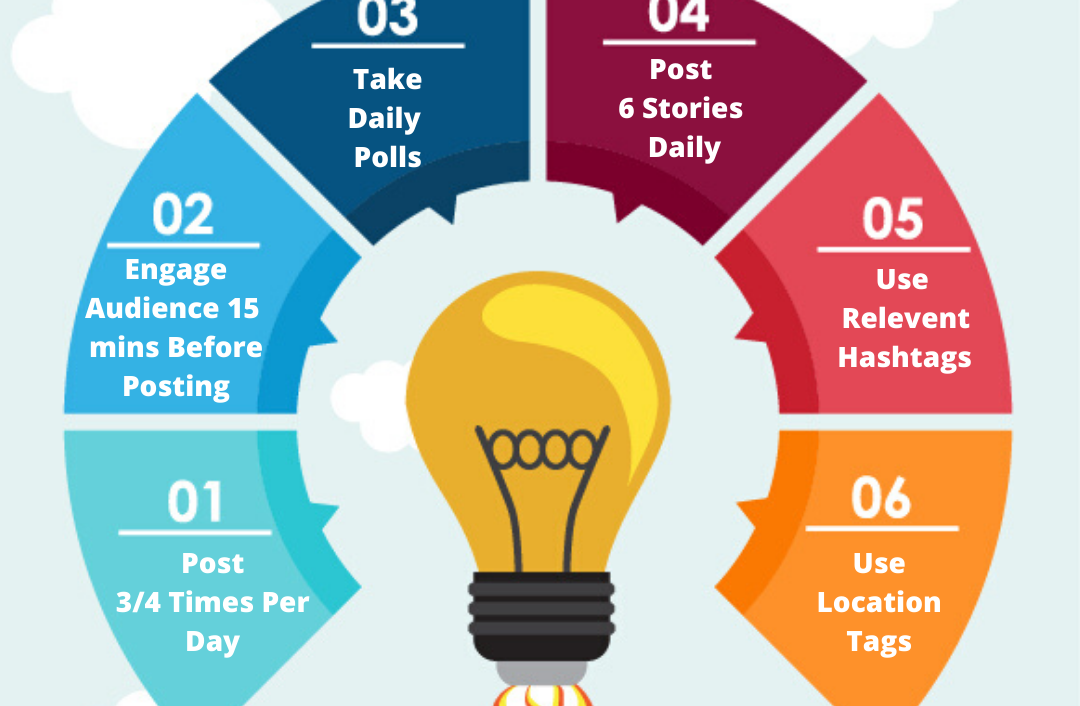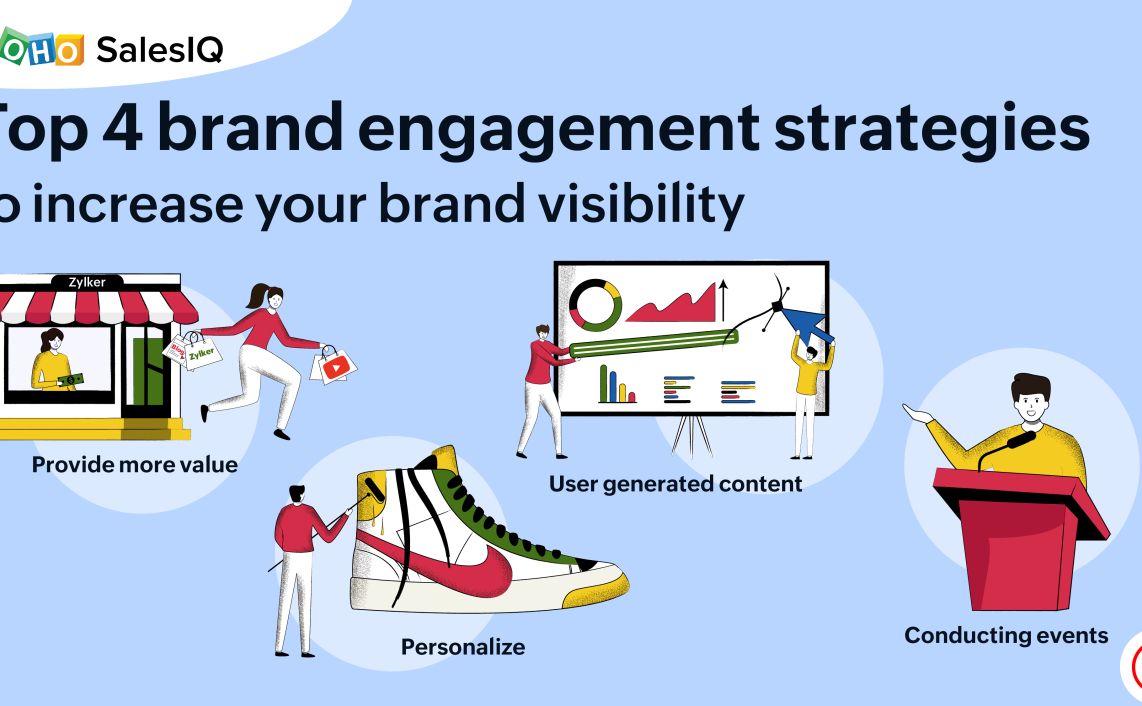[The Role Of Digital Trends In Driving Business Growth]
Executive Summary

In today’s digital age, businesses that fail to embrace digital trends risk falling behind. This article delves into the key ways digital trends can drive business growth, examining the impact of Artificial Intelligence (AI), eCommerce, Social Media Marketing, Data Analytics, and Cybersecurity. By understanding and strategically implementing these trends, businesses can gain a competitive advantage, improve customer engagement, and ultimately, achieve sustainable success.
Introduction
The digital landscape is constantly evolving, presenting businesses with both challenges and opportunities. Navigating this dynamic terrain requires a keen awareness of digital trends and their potential impact. From artificial intelligence to eCommerce, these trends offer powerful tools for enhancing customer experiences, optimizing operations, and boosting profits. This article will explore the critical role of digital trends in driving business growth, highlighting specific examples and strategies to help businesses thrive in the modern digital economy.
Frequently Asked Questions
1. What are some examples of digital trends that businesses should be aware of?
Examples include Artificial Intelligence (AI), eCommerce, social media marketing, data analytics, cybersecurity, cloud computing, blockchain technology, and the Internet of Things (IoT).
2. How can I determine which digital trends are most relevant to my business?
Consider your industry, target audience, business goals, and current capabilities. Research the trends that are most likely to impact your specific sector and align with your strategic objectives.
3. What are the key benefits of embracing digital trends?
Benefits include increased efficiency, improved customer engagement, enhanced decision-making, greater innovation, and competitive advantage.
Artificial Intelligence (AI)
AI is revolutionizing how businesses operate and interact with customers. It encompasses technologies like machine learning, natural language processing, and computer vision.
- Personalized Customer Experiences: AI-powered chatbots and recommendation engines can tailor interactions based on individual preferences, improving customer satisfaction and loyalty.
- Automated Processes: AI can automate repetitive tasks like data entry, order fulfillment, and customer service inquiries, freeing up human resources for more strategic initiatives.
- Predictive Analytics: AI algorithms can analyze data to identify patterns and predict future trends, enabling businesses to make more informed decisions and anticipate customer needs.
- Enhanced Decision-Making: AI can analyze large datasets and provide insights that would be difficult or impossible for humans to glean, leading to better strategic decisions.
eCommerce
eCommerce has become a fundamental pillar of business success, allowing companies to reach wider audiences and sell products or services online.
- Global Reach: eCommerce platforms enable businesses to sell to customers anywhere in the world, expanding their market potential and increasing revenue streams.
- Enhanced Convenience: Consumers appreciate the ease and convenience of online shopping, leading to increased demand for eCommerce options.
- Improved Customer Experiences: Online stores can provide personalized recommendations, detailed product information, and seamless checkout experiences, enhancing customer satisfaction.
- Data-Driven Insights: eCommerce platforms generate valuable data about customer behavior, allowing businesses to tailor their offerings and marketing campaigns effectively.
Social Media Marketing
Social media has become an indispensable tool for businesses to engage with customers, build brand awareness, and drive sales.
- Targeted Advertising: Social media platforms offer highly targeted advertising options, allowing businesses to reach specific demographics and interests.
- Community Building: Social media groups and pages allow businesses to connect with customers, foster a sense of community, and build brand loyalty.
- Content Marketing: Engaging content like videos, infographics, and blog posts can attract potential customers and drive traffic to a business’s website.
- Customer Service: Social media platforms provide a platform for businesses to respond to customer inquiries, address concerns, and build positive relationships.
Data Analytics
Data analytics is essential for businesses to understand customer behavior, identify trends, and make data-driven decisions.
- Customer Segmentation: Data analytics can help businesses segment their customer base, allowing them to tailor marketing messages and offerings to different groups.
- Performance Measurement: Analytics tools can track website traffic, campaign effectiveness, and customer engagement, providing valuable insights into business performance.
- Predictive Modeling: Data analytics can be used to predict customer churn, sales trends, and other key business metrics, enabling businesses to proactively address challenges and opportunities.
- Optimization: Data-driven insights can be used to optimize website design, marketing campaigns, and product development, leading to improved results and increased ROI.
Cybersecurity
Cybersecurity is paramount for businesses in today’s digital world, where data breaches and cyberattacks are increasingly common.
- Data Protection: Cybersecurity measures protect sensitive customer data from unauthorized access and theft, building trust and safeguarding reputation.
- Business Continuity: Cybersecurity safeguards against disruptions and data loss, ensuring that businesses can continue operating smoothly in the event of an attack.
- Compliance: Businesses must comply with various cybersecurity regulations and standards to protect their operations and avoid legal penalties.
- Risk Management: Cybersecurity practices help businesses identify, assess, and mitigate cybersecurity risks, ensuring a secure digital environment.
Conclusion
Embracing digital trends is no longer an option for businesses, it’s a necessity. By incorporating AI, eCommerce, social media marketing, data analytics, and cybersecurity strategies, businesses can gain a competitive edge, enhance customer experiences, and drive sustainable growth. The digital landscape is constantly changing, so staying informed about emerging trends and adapting accordingly is crucial for success in today’s fast-paced digital economy.
Keyword Tags
- Digital Trends
- Artificial Intelligence
- eCommerce
- Social Media Marketing
- Data Analytics
- Cybersecurity









